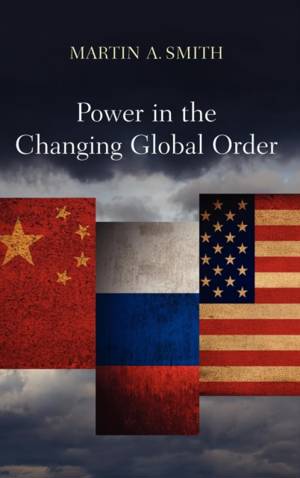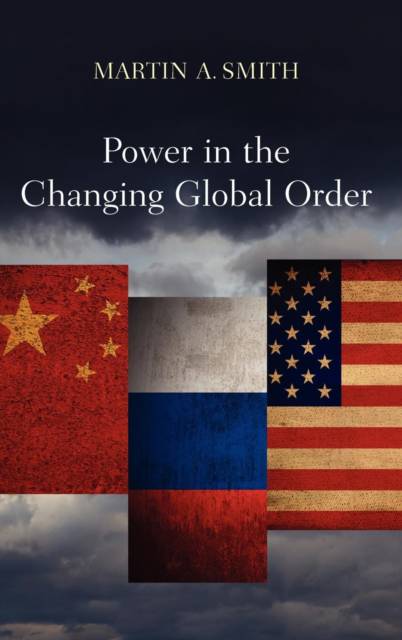
- Afhalen na 1 uur in een winkel met voorraad
- Gratis thuislevering in België vanaf € 30
- Ruim aanbod met 7 miljoen producten
- Afhalen na 1 uur in een winkel met voorraad
- Gratis thuislevering in België vanaf € 30
- Ruim aanbod met 7 miljoen producten
Omschrijving
Power has been compared to the weather: people discuss it all the time, but very few really understand it. This book seeks to demystify this complex concept by providing students with an incisive and engaging introduction to the shifting configurations of power in the contemporary global order.
Drawing on the work of leading international relations scholars, philosophers and sociologists, the analysis goes beyond simplistic views of power as material capability, focusing also on its neglected social dimensions. These are developed and explored through a detailed examination of the changing international role, status and capacities of the United States, Russia and China since the end of the Cold War. Far from achieving multipolarity, the book concludes that the contemporary world remains essentially unipolar; America having moved to correct the mistakes of George W. Bush's first term in office, while China and Russia have, in different ways, limited their own abilities to challenge American primacy.
This book will be essential reading for students of international relations and politics, as well as anyone with an interest in the shifting balance of power in the global system.
Specificaties
Betrokkenen
- Auteur(s):
- Uitgeverij:
Inhoud
- Aantal bladzijden:
- 224
- Taal:
- Engels
Eigenschappen
- Productcode (EAN):
- 9780745634715
- Verschijningsdatum:
- 11/06/2012
- Uitvoering:
- Hardcover
- Formaat:
- Ongenaaid / garenloos gebonden
- Afmetingen:
- 152 mm x 229 mm
- Gewicht:
- 476 g

Alleen bij Standaard Boekhandel
Beoordelingen
We publiceren alleen reviews die voldoen aan de voorwaarden voor reviews. Bekijk onze voorwaarden voor reviews.











